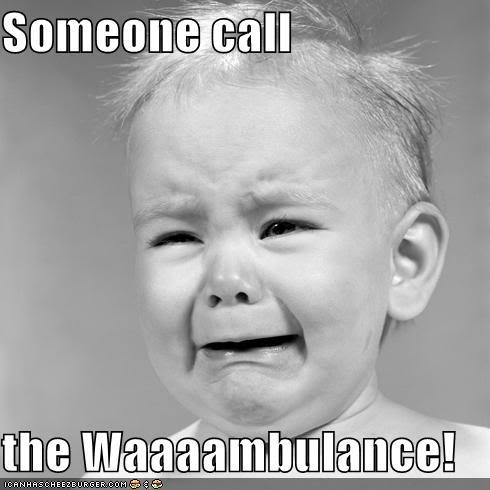Oh, speech can be criticised. I'll go even further actually, and say that all speech should be criticised!
As such, I have no problem with people criticising the statements of others. Twitterstorms are somewhat problematic however, but that has more to do with their magnitude and relentlessness than their content (as long as the content isn't threatening obviously), and is a technical medium problem.
I'm also somewhat worried about near reflexive opposition to controversial statements. But again, that has more to do with people being open to listen to ideas they disagree with, and stopping them from replying with their own statements would also be a limit on free speech. It might just be something we'll have to live with. I appreciate when newspapers and others are willing to host controversial opinions however, and see that as an undivided good.
There are two points I'd like to address specifically though:
This doesn't feel just quite right to me. Like, a bit too broad perhaps. How about this instead:
The point of having such a thing as free speech, is that it is only really necessary to have free speech when stating something that THE GOVERNMENT finds offensive.
That I think is the heart of it.
I take it by
the government you assume that will be alright, since the government is the only violent actor in the state? On first thought I think that works, but what about large non-government actors? Say, if 90% of the population adheres to a specific religion, or a huge company control most of the jobs in a city. Those entities could certainly limit speech they're not happy about.
And at least two posters have come right out and said that news outlets choosing not to gratuitously insult Muslims is a grave threat to free speech.
I'm in the camp who would have wished lots and lots of media did just this. I can't exactly force anyone to do it, as it's their own right to decide what to print or show.
However, looking at it from a higher, more strategical view, the whole cartoon situation started when a newspaper in Denmark noticed that there was a general fear of offending Islam. And it turned out that those fears were real. So while I can understand the arguments about how one shouldn't offend just to offend, I think it would have been wiser, in the long run, to go all out and demonstrate that the freedom of speech can not be curtailed, and that even a religion like Islam must accept criticism, scrutiny and mockery.
Instead, the vast majority of publications have avoided imagery of Muhammad. That they choose not to offend simply to offend is a decent argument for the choice, but it can also be interpreted as an admission that a) freedom of speech can (and should) be curtailed and b) as long as news media are threatened enough, they will fold. What could have been a Streisand effect and a clear end to the situation, instead turned into muted abstention.
It left publications like Charlie Hebdo alone, and as a clearly marked target for those who would not accept criticism and mockery of their religion. The public - if partly hypocritical - outcry and support of Charlie Hebdo after the attack did help to some extent, but I still see it as two steps backwards and one step forward.
And does it really matter if we can't make fun of Muhammad? Yes, it does. Sober criticism can just as easily be denied as crude mockery, and when almost two billion people hold a man whom they say committed war crimes, rape, slavery and child molestation up as an example of the most virtuous person ever, there really is a need for both criticism and mockery.
And a final little note: Life of Brian was temporarily banned for blasphemy in Norway, a mere four years before I was born! This isn't an abstract discussion about the feelings of Muslims, it is a real question about censorship! That film was hilariously funny and good, and put a critical view on religions and their leaders, followers, and doctrines. I'm sure there is good comedy waiting behind the sanctity of Muhammad too, once we can actually get to it...




